Carva 75 | Tablet | 10 pcs
৳ 5.70
Brand Name: Carva Tablet (Enteric Coated)
Generic: Aspirin
75 mg
Manufacturer: Square Pharmaceuticals Ltd.
Unit Price: ৳ 0.57 (200’s pack: ৳ 114.00)
Indications
Aspirin is used for its antiplatelet activity in the initial treatment of cardiovascular disorders such as angina pectoris and myocardial infarction and for the prevention of cardiovascular events in a variety of conditions or procedures for patients at risk.
- Aspirin is used as part of the initial treatment of unstable angina.
- It is given in the early treatment of myocardial infarction.
- It may also be of some benefit in the initial treatment of acute ischaemic stroke.
- It is of value for the secondary prevention of cardiovascular events in patients with stable or unstable angina or those with acute or prior myocardial infarction.
- Aspirin reduces the risk of future serious vascular events, including stroke, in patients who have already suffered an ischaemic stroke or transient ischaemic attack.
- It is of use in the long-term management of atrial fibrillation, for the prevention of stroke in patients with contraindications to warfarin or if there are no other risk factors for stroke.
- It is recommended for use in preventing thrombotic complications associated with procedures such as angioplasty and coronary bypass grafting.
Therapeutic Class
Pharmacology
Dosage & Administration
Pain, Inflammatory diseases and as Antipyretic: Aspirin 300 mg 1-3 tablets 6 hourly with a maximum daily dose of 4 g.
Thrombotic cerebrovascular or Cardiovascular disease: Aspirin 300 mg 1 tablet or Aspirin 75 mg 4 tablets daily.
After Myocardial infarction: Aspirin 75 mg 2 tablets daily for 1 month.
Following By-pass surgery: Aspirin 75 mg 1 tablet daily.
Interaction
Contraindications
Side Effects
Pregnancy & Lactation
Precautions & Warnings
Overdose Effects
Storage Conditions
| Generic Name | Aspirin |
|---|---|
| Size | 75 mg |
Only logged in customers who have purchased this product may leave a review.


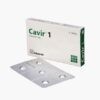

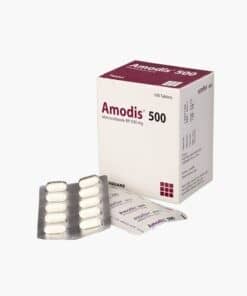
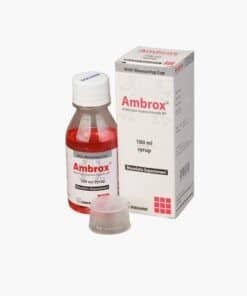

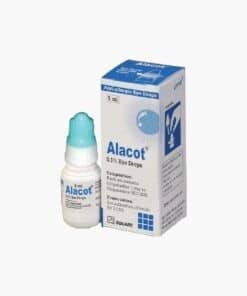

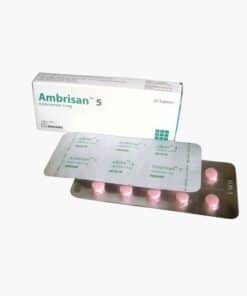


Reviews
There are no reviews yet.